Britain & Ireland
Women and social history can be overlooked themes in periods where records tended to focus on money, religion and Kings. While those latter themes are covered in this section so are features on individual women, their relationships with power and how they were able to influence politics and the people around them. Social history is also addressed through the stories of Hermits, soldiers, tax records and revolting peasantry with nobles. Read more
Sort by:
Date (Newest first) | Title A-Z
Show:
All |
Articles |
Podcasts |
Multipage Articles
-
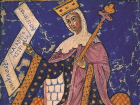
(Un)exceptional women: queenship and power in medieval Europe
ArticleClick to view -
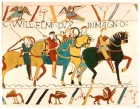
1066 in 2016
ArticleClick to view -
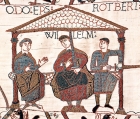
1066: The Limits of our Knowledge
ArticleClick to view -
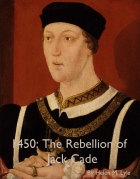
1450: The Rebellion of Jack Cade
ArticleClick to view -

1497, Cornwall and the Wars of the Roses
ArticleClick to view -
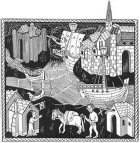
A medieval credit crunch
ArticleClick to view -
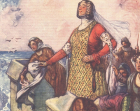
A woman’s place is in the castle
ArticleClick to view -
Agincourt 1415-2015
ArticleClick to view -

An Intimate History of Your Home - Lucy Worsley
ArticleClick to view -
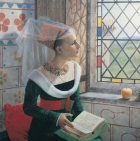
Anne Herbert: A life in the Wars of the Roses
ArticleClick to view -

Bayeux
ArticleClick to view -
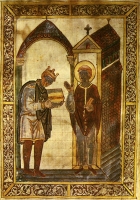
Bede's Ecclesiastical History of the English People
ArticleClick to view -
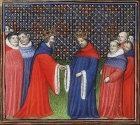
Edward III & David II - Pamphlet
ArticleClick to view -
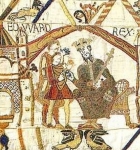
Edward the Confessor and the Norman Conquest
ArticleClick to view -
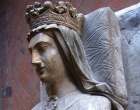
Eleanor of Aquitaine’s journey
ArticleClick to view -

Film: A Jewish Divorce Case in Medieval England
ArticleClick to view -

Film: Building Anglo-Saxon England
ArticleClick to view -

Film: Meet the author: Marc Morris on The Anglo-Saxons
ArticleClick to view -
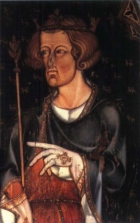
Foreigners in England in the later Middle Ages
ArticleClick to view -
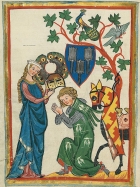
French chivalry in twelfth-century Britain?
ArticleClick to view

